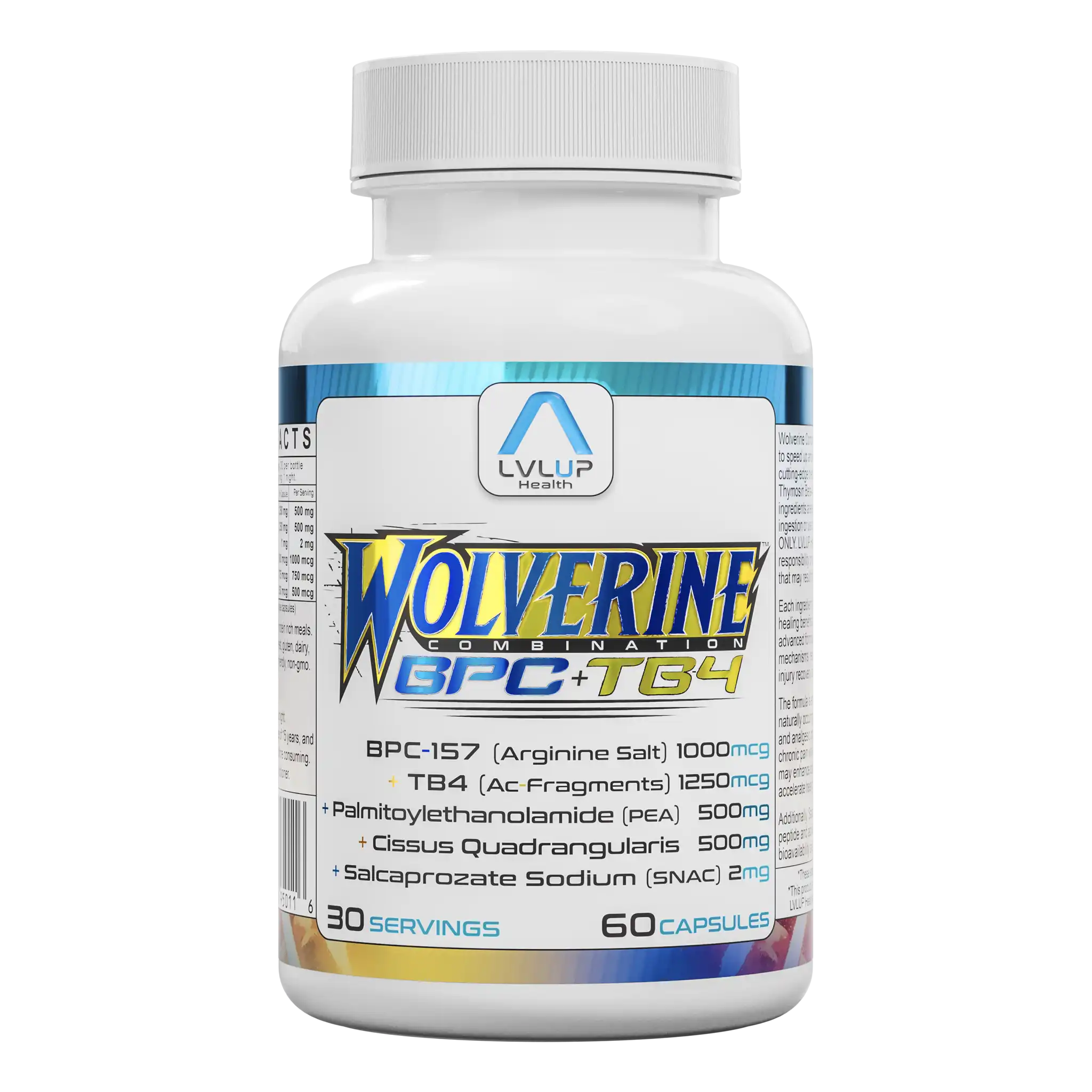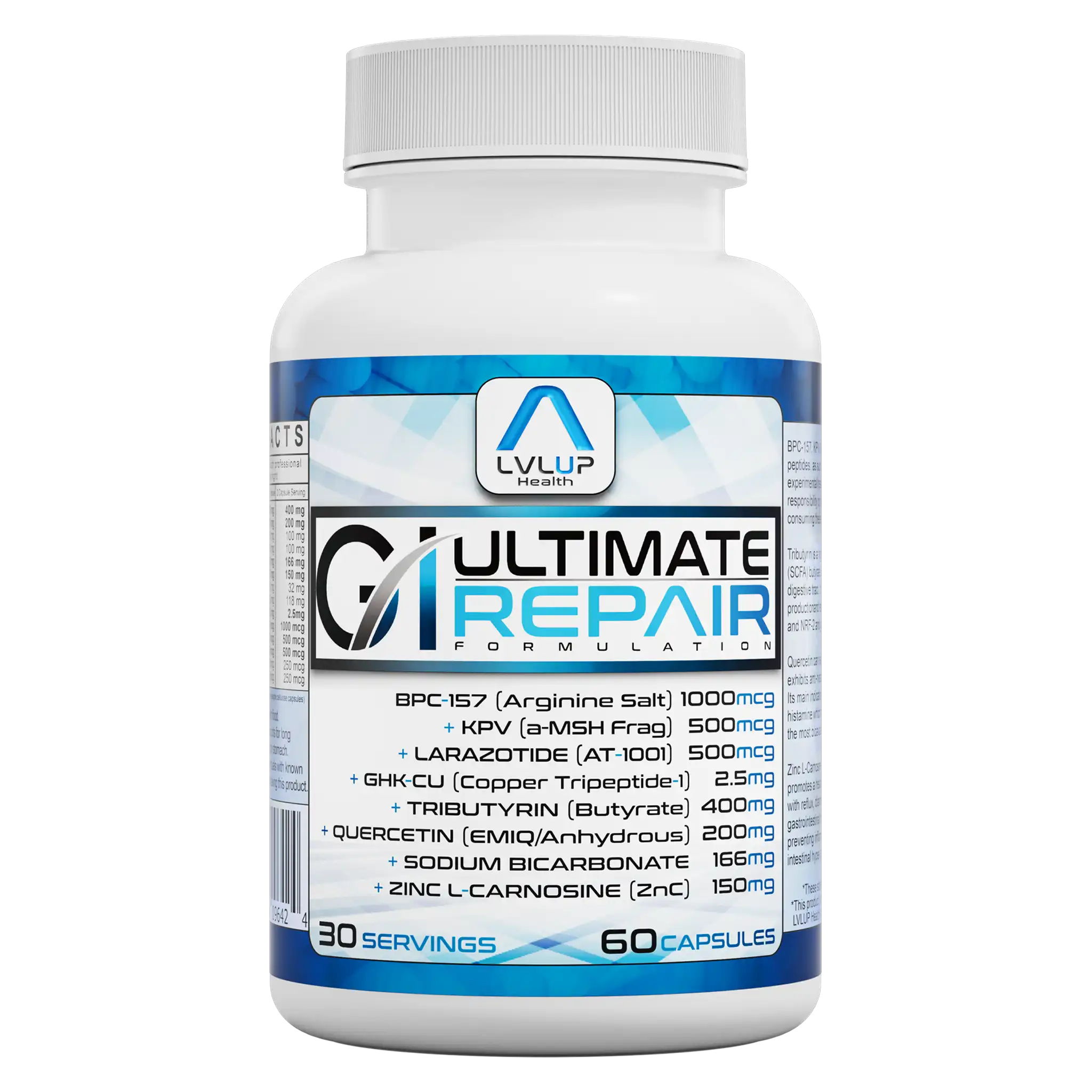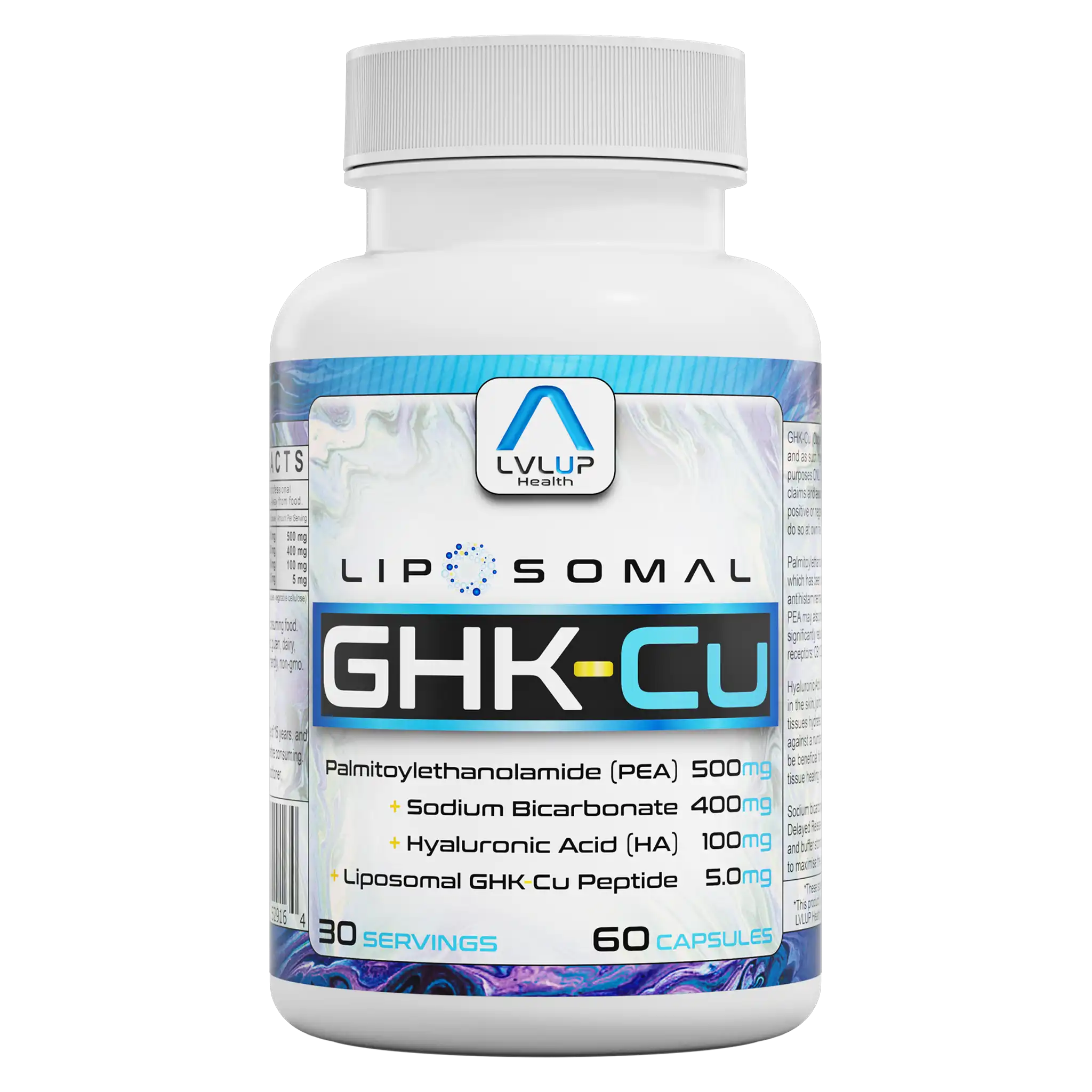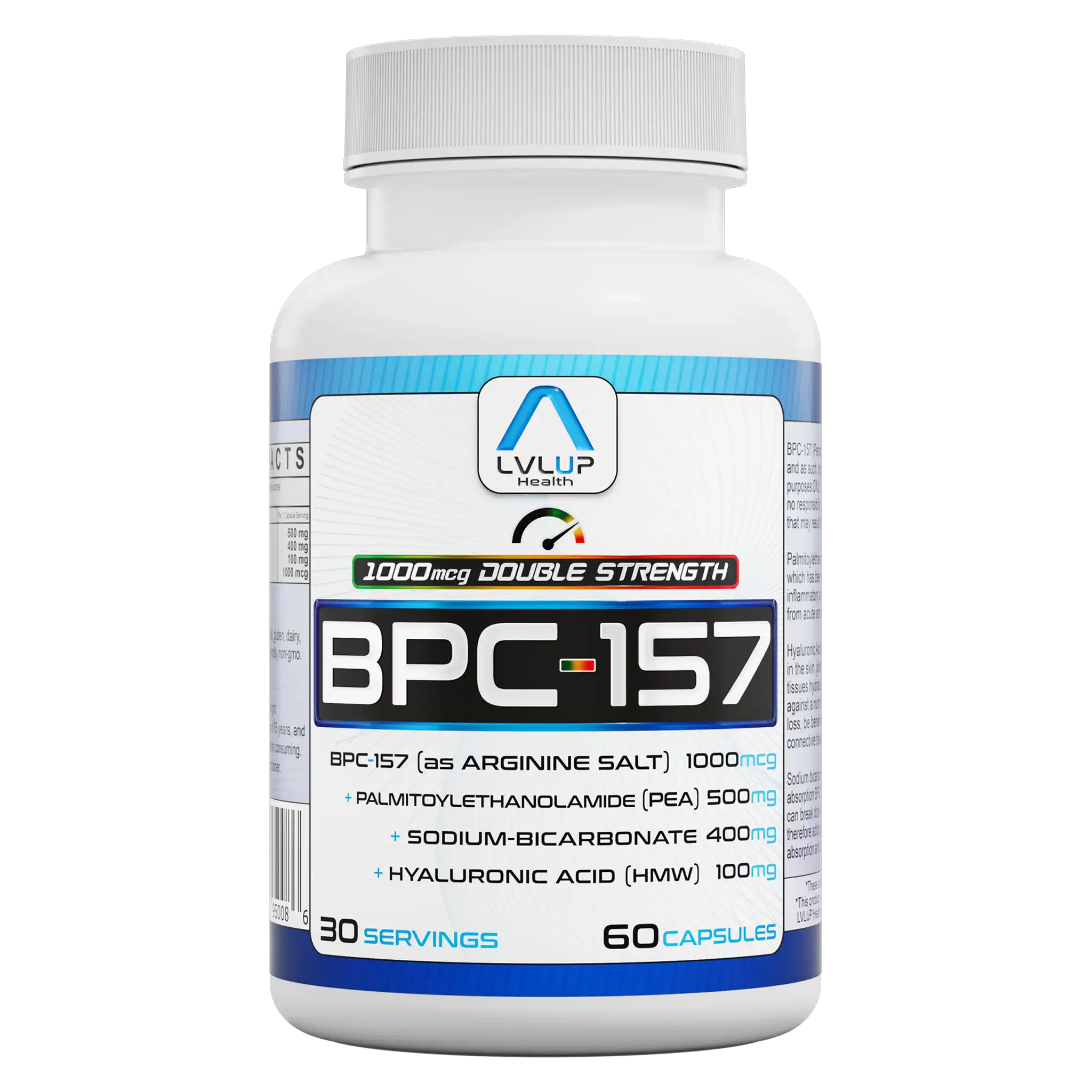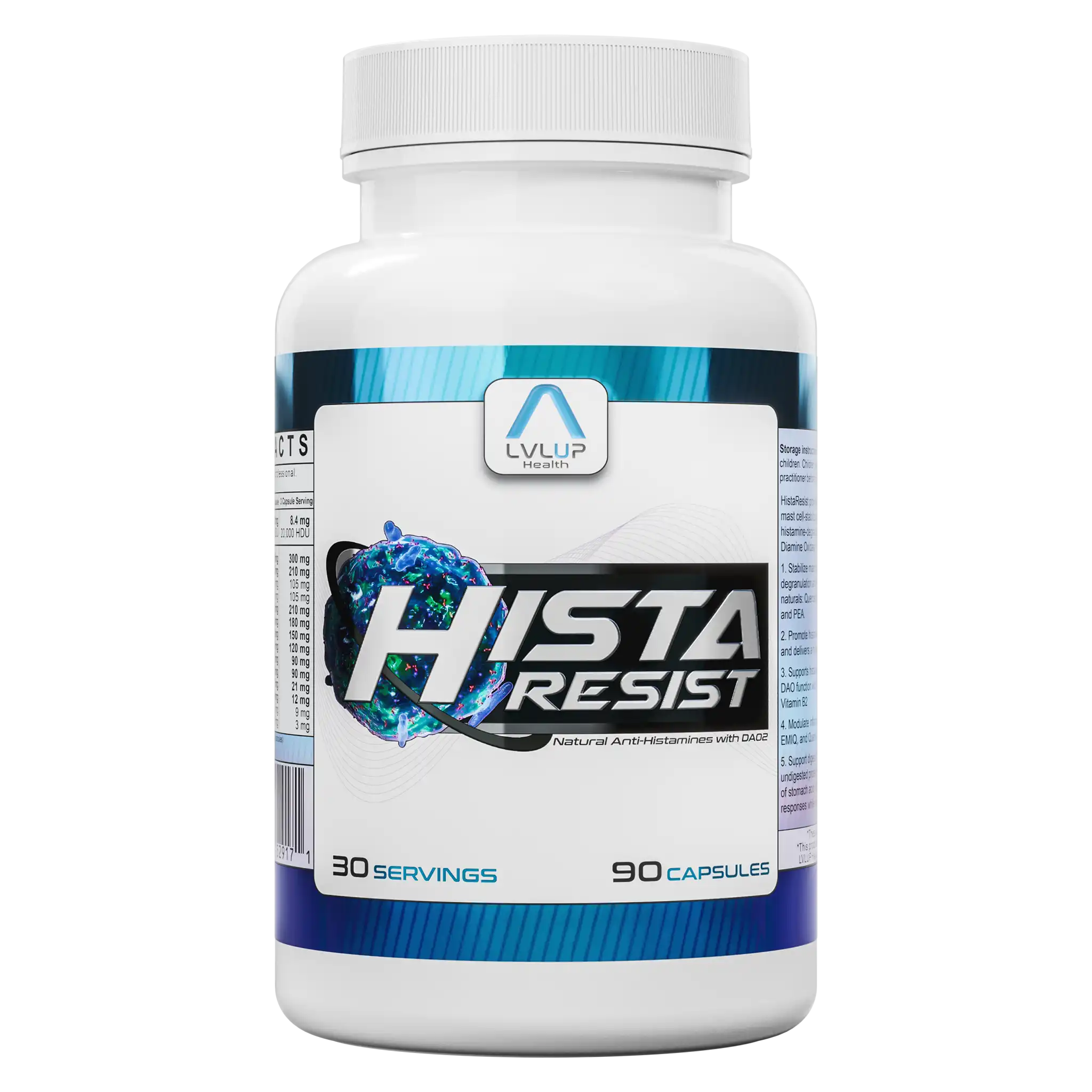Rutin
About Rutin
Understanding Rutin
Rutin has a long-standing reputation due to its presence in both traditional uses and modern science. Think of it as a multitasker in nutrition. In the natural world, rutin gives fruits and seeds their resilience. In the human body, it offers similar support by aiding blood vessels and soothing digestion.
Role in Gut Health
Often referred to as “vitamin P,” rutin is known for maintaining blood vessel stability. It preserves capillary function, especially around sensitive tissues like the digestive tract lining. Rutin helps stabilize these capillaries, reducing unwanted permeability and enhancing digestive comfort.
Anti-Histamine Properties
Rutin is gaining attention for its anti-histamine capabilities. By supporting mast cell stability, it helps maintain balanced histamine levels. This is especially beneficial for those with histamine intolerance or sensitivity to high-histamine foods.
Best Pairings
Rutin often works well with other ingredients. Pairing it with bromelain, a pineapple-derived enzyme, or luteolin, another flavonoid, enhances its gut-soothing and anti-inflammatory effects. These combinations support digestion and calm irritation.
Long-Term Value
Rutin’s benefits build gradually with consistent use. It supports blood vessels, digestive comfort, and cellular responses over time, making it a solid choice for those focusing on gut health or maintaining an even histamine response.
Found In
Formulated With
Detailed Information
Biochemical Pathways
Rutin (quercetin-3-O-rutinoside) engages in several biochemical pathways significant to gastrointestinal integrity and antihistaminic action. Its antioxidant activity involves scavenging reactive oxygen species, inhibiting lipid peroxidation, and modulating enzymes like superoxide dismutase and glutathione peroxidase.
Capillary Stabilization
Rutin aids in capillary stabilization by regulating endothelial tight junction proteins. This helps reduce microvascular leakiness linked to inflammation or food intolerances, improving mucosal defense against antigen absorption.
Anti-Histaminic Action
Rutin inhibits mast cell degranulation, reducing histamine release into intestinal tissues. This action is pertinent in conditions like mast cell activation syndromes or dietary histamine intolerance.
Gastrointestinal Absorption
Rutin’s glycosylated structure enhances its gastrointestinal absorption. It is converted into quercetin aglycone by colonic microbiota, amplifying antioxidative effects in the gut. Rutin also interacts with inflammatory regulators, reducing gut inflammation.
Synergistic Strategies
For optimal effect against digestive discomfort or sensitivities, combining rutin with bromelain enhances mucosal proteolytic activity, while luteolin adds mast cell stabilization. These strategies maximize its anti-inflammatory and antihistaminic potential.
